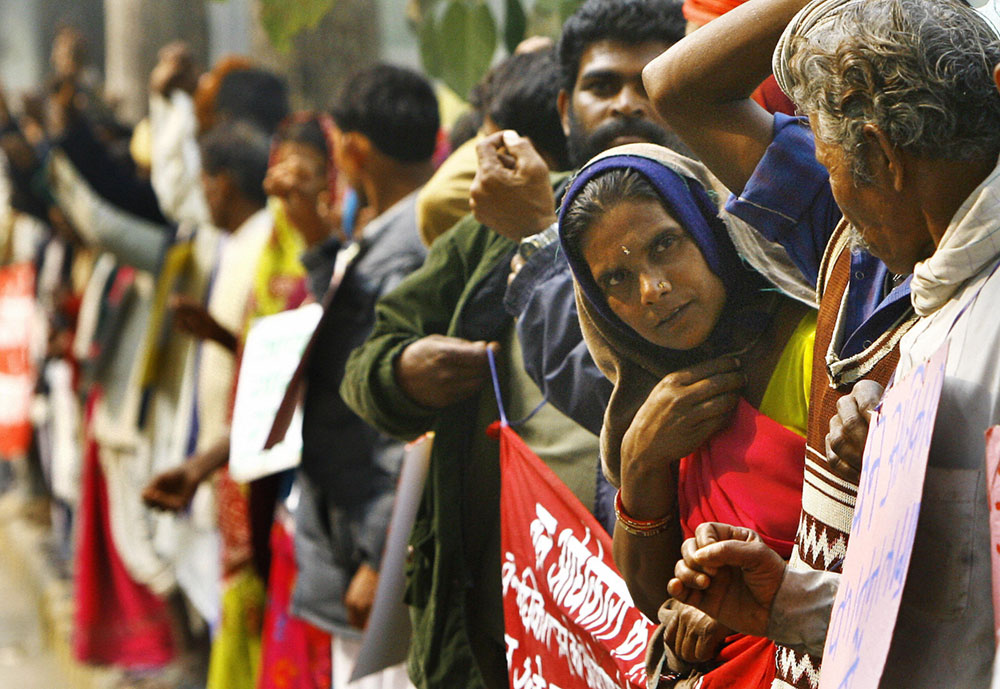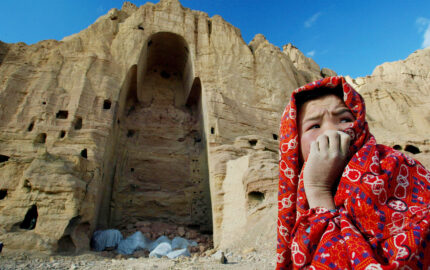
How are great journalists made? Often, it’s pieces of great journalism that help form them, influencing their lives or careers in an indelible way. To celebrate the Nieman Foundation for Journalism’s 80th anniversary in 2018, we asked Nieman Fellows to share works of journalism that in some way left a significant mark on them, their work or their beat, their country, or their culture. The result is what Nieman curator Ann Marie Lipinski calls “an accidental curriculum that has shaped generations of journalists.”
I entered journalism in the late 1980s—about 40 years after India gained freedom from British colonial rule. The media environment, in large part, was shaped by this colonial history. Many English language newspapers were launched by colonists for colonists, and at the same time, challenging those narratives was a tradition of vibrant journalism, led by Mahatma Gandhi.
When I first got a job as a journalist for an influential English daily, The Times of India, newspapers were mostly focused on politics, and newsrooms were dominated by men. My role models at the time were a handful of women reporters taking up issues, what were then called “soft” issues, related to gender, environment, children.
One of them was Sheela Barse, a pioneering Mumbai-based investigative reporter, whose early articles appeared in an English daily, Indian Express. She reported tirelessly on many social conditions at the time, particularly relating to children and the legal situation.
Not many journalists at the time were investigating stories about prison conditions and access to information was highly restricted. She approached the courts to get permission to interview prisoners in jails in central India. I remember reading her powerful stories on child prostitution. She relentlessly reported on children lodged in jails across India. At the time, different states in India had different laws and many did not prohibit juveniles being put in jails with adult convicts. Her reporting led to laws being changed and children being freed. Barse subsequently reported on land-use and tribal rights issues.
Her journalism left a deep imprint. To me, she illustrated the power of good journalism in bringing about change.
Reinventing Displacement
By Sheela Barse
The Hindu, July 1, 2005
Excerpt
Expulsion is traumatic, dislocation stressful. Displacement under compulsion is rarely without agony and extensive violation of human rights. In this country where thousands of square kilometres have been cleared of impoverished human beings to set up mostly eco-system damaging infrastructures, uprooting is akin to amputations without anaesthesia, left untreated, open-fleshed and festering hidden inner deformities. If the haemorrhaging stops, gangrene sets in. Millions of the ‘project-affected’ tribals have suffered so. Hence no matter how precious the cause, responsible citizens cannot but be hostile to the removal of peoples as if they were dispensable pawns cluttering a chessboard.



